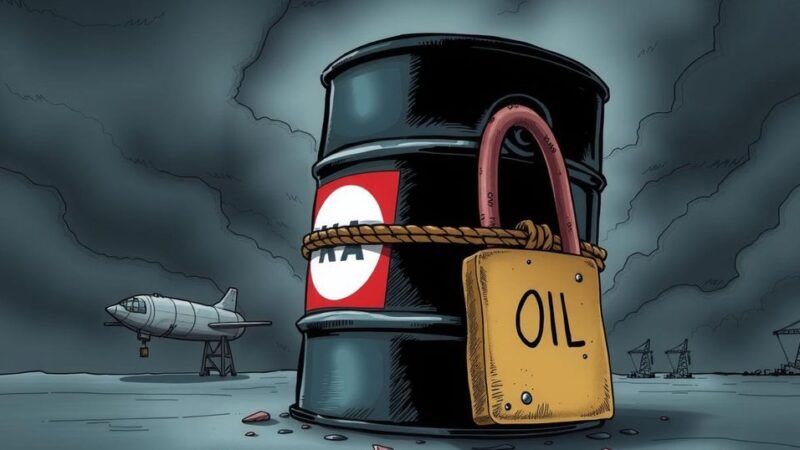Belgium’s role in the Rwandan genocide of 1994 is frequently overlooked amidst the focus on France. The country’s colonial history significantly influenced ethnic divisions, as Belgian policies facilitated the Tutsi dominance and exploited Hutu grievances. The lack of foresight and failure to intervene during the genocide demonstrate Belgium’s responsibility in the tragedy. Prime Minister Guy Verhofstadt eventually issued a formal apology in 2000 for Belgium’s part in this dark chapter of history.
Belgium’s culpability in the 1994 Tutsi genocide in Rwanda is frequently overshadowed by discussions regarding France’s role. Belgium’s implications in the tragedy can be traced back to its administrative control over Rwanda and Burundi, assigned after World War I, where Belgium employed indirect governance through local feudal structures. The colonial administration’s approach lacked a profound understanding of these territories, relying heavily on local intermediaries and missionaries for governance.
The Belgian colonialists, influenced by anthropometry, categorized the population based on racial distinctions, branding Tutsis as superior due to their perceived lineage. This categorization led to the Tutsi nobility becoming enablers of colonial authority, thus inciting resentment among the Hutus, who faced systemic discrimination and forced labor. Educational and economic disparities exacerbated tensions, paving the way for future conflict.
Belgium’s efforts to undermine Rwandan sovereignty included dismantling existing governance systems and promoting a singular monotheistic religion, which altered the social fabric and heightened ethnic divisions. By issuing identity cards that recorded ethnicity, the colonial regime institutionalized discrimination. As independence loomed, Belgium’s support shifted increasingly to the Hutu majority, culminating in the exacerbation of ethnic hostilities.
The societal upheaval began in 1959 with a Hutu-led rebellion, resulting in widespread violence against Tutsis and their forced exodus. Belgium’s support for the Hutu-led regime continued post-independence, despite evolving dynamics that led to increasing tensions. The ultimate shift in allegiances occurred in the early 1990s amid an intensifying Rwanda civil war, during which Belgium refrained from adequate military support while pursuing diplomatic negotiations.
As the situation deteriorated, Belgium’s miscalculation in the severity of threats against Tutsis became evident. The country’s peacekeeping contingent in 1993 was inadequately prepared for the escalating violence. The tragic assassination of ten Belgian peacekeepers in April 1994 marked a critical turning point that prompted Belgium to withdraw its troops.
Belgium’s initial reluctance to regard the escalating violence as genocidal contributed to its failure to prevent the genocide. The decision to withdraw troops, communicated by then Foreign Minister Willy Claes, resulted in an abandonment of Rwandan civilians to their fate. Years later, Belgium’s Prime Minister Guy Verhofstadt formally expressed regret for his country’s lack of intervention.
Belgium’s historical role in the Rwandan genocide is marked by colonial practices that exacerbated ethnic tensions and ultimately facilitated the tragedy. The country’s inability to recognize the gravity of the situation and to intervene effectively led to dire consequences for the Tutsi population. This reflects the broader implications of colonialism on contemporary conflicts and the importance of acknowledging past responsibilities.
Original Source: www.ktpress.rw






